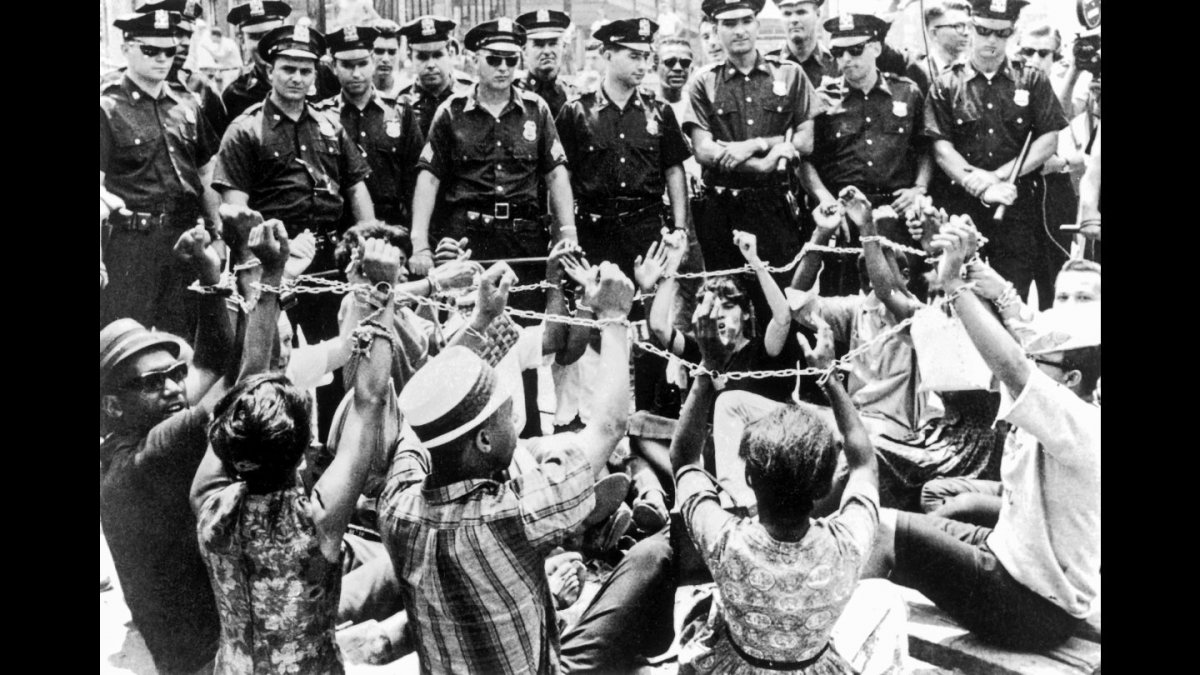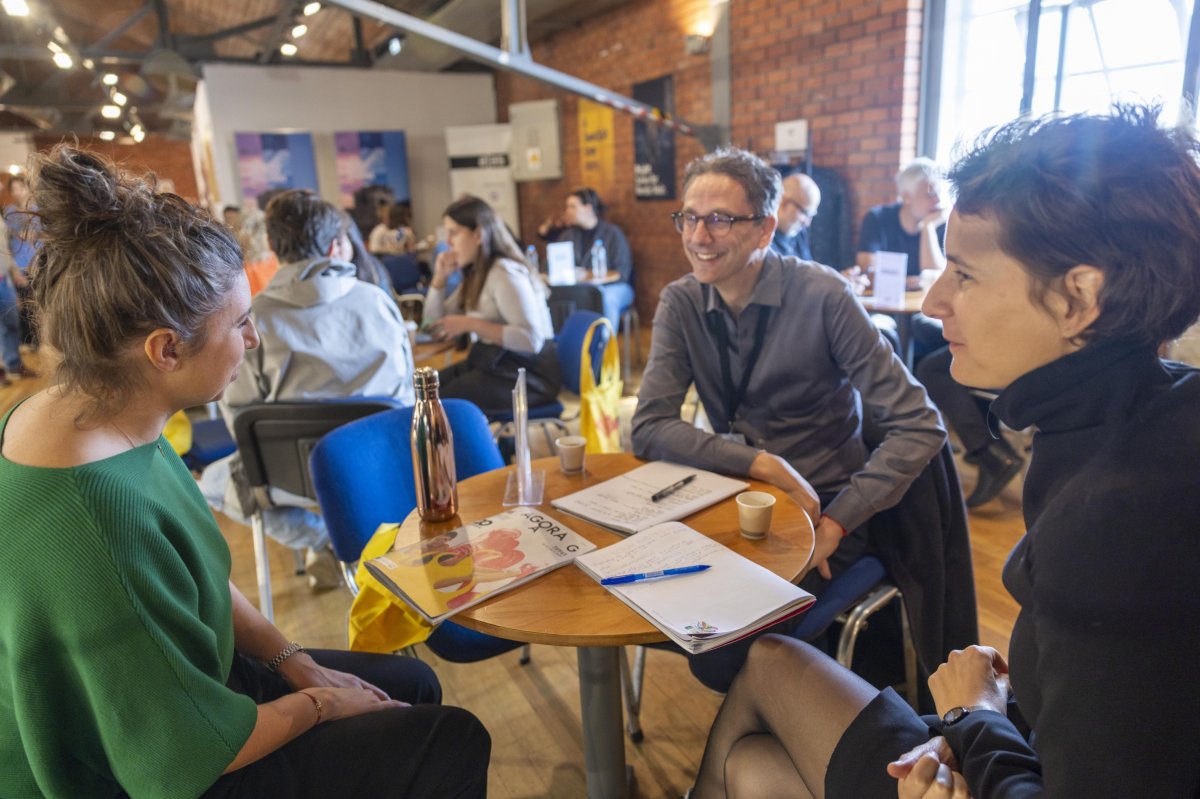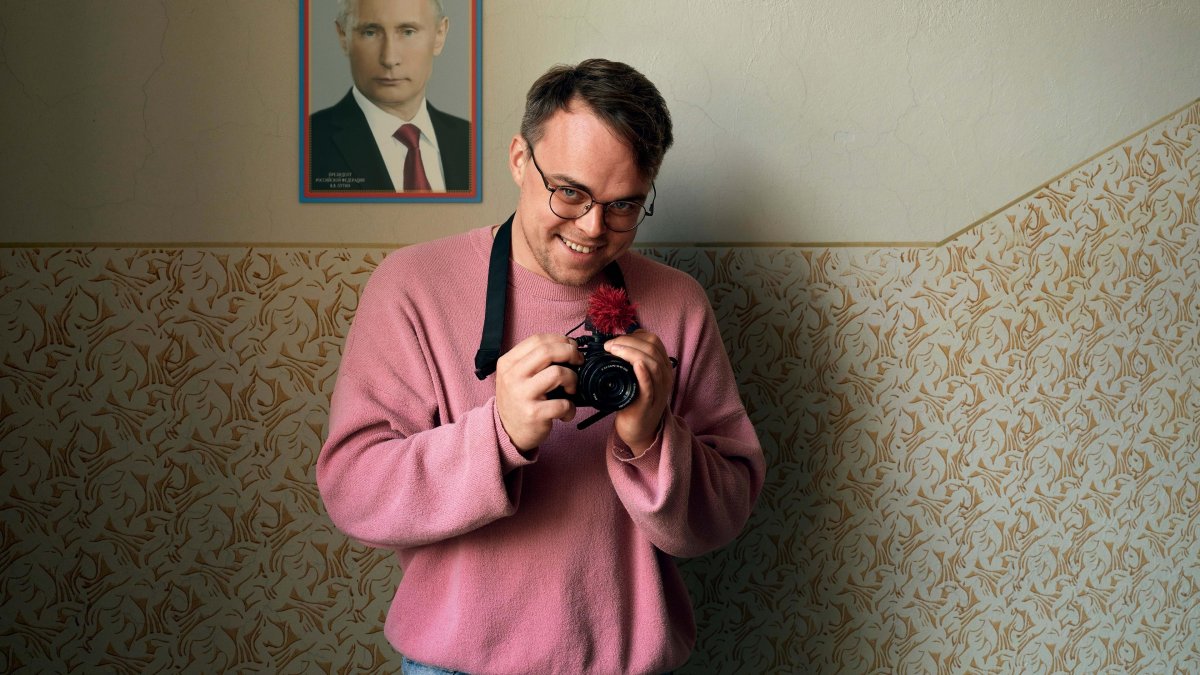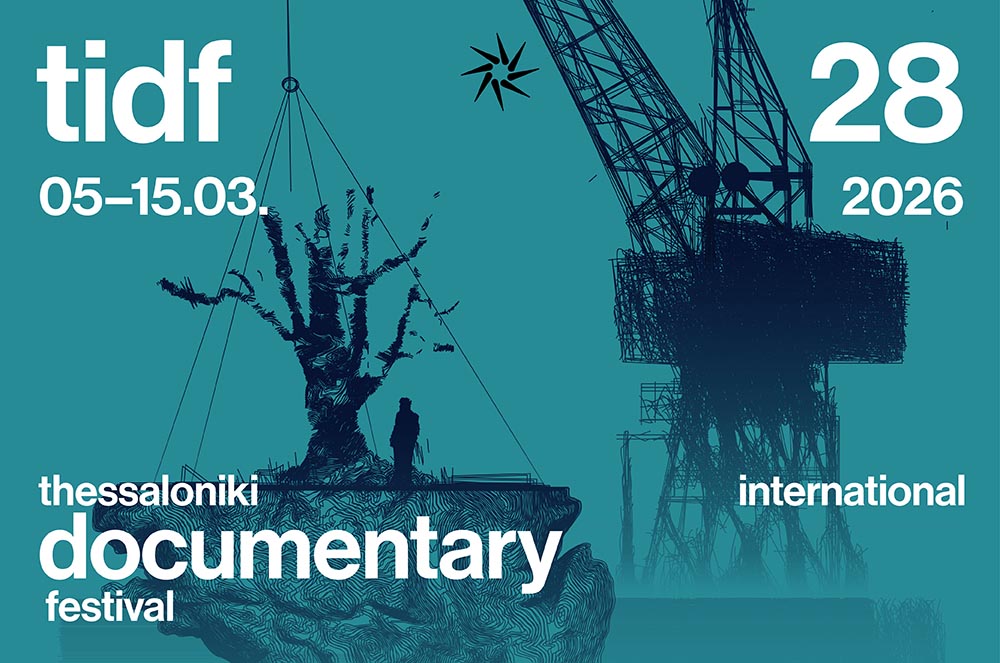Within the framework of the 66th Thessaloniki International Film Festival, the special screening of the film Electra7, a collaboration between the Athens Epidaurus Festival and the Hellenic Film Academy, realized with the support of PPC, took place on Wednesday, November 7th, at the Tonia Marketaki theater. The film is an original cinematic relay, inspired by Sophocles’ Electra. The Festival’s Artistic Director, Orestis Andreadakis, welcomed the audience and the production’s contributors. “This is a particularly original and imaginative project, and the choice of today's date for its unveiling is anything but coincidental, as today marks the beginning of a new era for the Thessaloniki International Film Festival and the Athens Epidaurus Festival with the signing of a cooperation memorandum.”
On his part, the General Director of the Athens Epidaurus Festival, Ioannis Kaplanis, thanked the Thessaloniki International Film Festival for the screening of the film, and emphasized that he hopes that the collaboration between the two institutions, following the signing of the Cooperation Agreement earlier that morning, will develop in a creative manner. As for Electra7, he noted that “it was an ambitious project that originated from a joint initiative by the Hellenic Film Academy and Katerina Evangelatou, the Festival’s previous Artistic Director, and we all embraced it. Although it was quite a challenging endeavor, I think the outcome was very good.” Mr. Kaplanis thanked the Hellenic Film Academy for the wonderful collaboration, PPC for its invaluable support, as well as the production company Marni Films, the 7 directors, and all the contributors involved in the film’s production. The newly appointed Artistic Director of the Athens Epidaurus Festival, Michail Marmarinos, also attended the screening.
The baton was then passed to Sofia Dimtsa, the Corporate Affairs & Communications General Director of PPC S.A., who remarked: “This is a collaboration between the classical and the contemporary. For us, it is not just a sponsorship, but further proof that PPC supports the arts in a meaningful way, providing artists with the necessary resources to express what they truly wish to say. We stand beside creators and artists, establishing the FOS award to support first-time actors and actresses. For us at PPC, supporting such initiatives is deeply interconnected to our mission; to provide energy to everything that inspires society. To support new voices. To pave the way, facilitating access to creativity and using technology as a tool rather than a hurdle.”
Then, the President of the Hellenic Film Academy, Lefteris Charitos, expressed: “It is a very heartwarming moment because we are the outgoing Board of Directors, and the idea had occurred to us almost from the first time we gathered. A short film, 45 minutes long, which took about three years from its initial conception to its adaptation for the screen. Initially, we did not believe it could happen, but the people at the Athens and Epidaurus Festival and the PPC believed in it. Seven directors, one concept, one script, one film; and look, it has become a reality! I would also like to thank Eleni Kossyfidou, who, along with Mina Dreki, shouldered all of the production’s responsibilities.”
After the screening of the film, a Q&A followed, featuring active participation from the audience. When asked about the collaboration between the project’s contributors, producer Eleni Kossyfidou explained that: “It was a concept originating from the Hellenic Film Academy’s Board of Directors, whose members agreed to embark on this risky endeavor. The selection of seven directors was symbolic, since the Athens and Epidaurus Festival is celebrating its 70th anniversary. The script was divided into an equal number of sections, each based on a different perspective; the media, the judiciary, the police, the investigative authorities, etc., so that each director, together with the editor they were working with, was responsible for realizing one of these sections. All seven versions were delivered to Yorgos Mavropsaridis, thus commencing a creative dialogue between the seven directors and the remarkable editor with the ultimate aim of collectively shaping the end result.”
At this point, producer Mina Dreki added: “As far as the production side of things is concerned, I can say that it was a very creative process, seeing as the directors worked in a complementary manner with each other.” On the same wavelength, director Sofia Exarchou remarked: “It was a group exercise of the soul, something we had never experienced before. We cast the roles together, agreed upon the locations collaboratively, and worked on the editing together. It was an interesting and novel process for us, as we usually go through these stages entirely on our own. Filmmaking is so difficult in Greece that you need to connect with your colleagues, to share in the fatigue and the hardships.”
“What remained as a final impression is that seven directors, each with their own ‘egos,’ managed to work together harmoniously. The experience has left us with fond memories, especially since we got along smoothly without any conflicts. We shared ideas, and I sincerely believe that the experiment was a success. Harmony prevailed over our egos,” Babis Makridis stated, with Argyris Papadimitropoulos adding: “What is of particular interest is that from the outset we agreed we were uninterested in making it look like a film. We decided that everyone should stick to their own approach, hoping that at some point these approaches would line up.” In turn, Neritan Zinxhiria humorously said: “The great thing is that, since no one knows who filmed what, we can all share the credit for what's good, and no one will know who is responsible for what doesn't work.”
As for the script, and more specifically, in response to a question posed by the audience regarding the chorus of the tragedy, Panayotis Christopoulos divulged: “The chorus is indeed the children, and in this particular tragedy, the chorus contradicts itself -in other words, it is a chorus without coherence. In fact, different iterations of it were introduced during the writing process. For example, the media is also a chorus, while the dogs represent its final form, leading the film to a silence.” Alexandros Voulgaris hastened to add that: “What interests me about episodic films, which rarely succeed yet are always quite intriguing, is that we worked on a classic text, but in a new version of it, each of us having a completely different relationship with this story. Therefore, each of us had an entirely different approach to it, not only from an artistic perspective, but also in terms of how we interpret the work.”
For her part, Elina Psykou touched upon the connection between the seven directors, which, as the audience also observed, stems from a deeper philosophy that highlights the collective “we,” which transcends modernism in cinema, and stands in contrast to the narrow “I,” where the director takes on, in a way, the role of a god. “Personally speaking, this is the most important element as a final conclusion. I don't know if it was something we consciously had in mind from the beginning, but it was definitely this "togetherness" that remained in the end, as something that goes beyond our era, but also every era. Therefore, this was the winning bet, as we somehow managed to leave behind the individualism of contemporary liberal society, our narcissism, our own personal needs.” Alexandros Voulgaris also agreed with the aforementioned statement, remarking: “When you do something solely by yourself, it's not certain that you're being entirely true to yourself, since you tend to become preoccupied with how you'll appear, and the outcome may therefore lack total authenticity. In projects such as these, where you enjoy this kind of freedom, you try things you wouldn't readily try in a project that was entirely your own.”
Shortly before the Q&A concluded, the contributors discussed their hopes for what this collaboration might achieve in the future. "Cinema is really complex. And this experience gave us tools that none of us had before. We became more experienced through the different approaches we shared. The responsibility of a director can be heavy at times, and having opportunity to discuss and share all that baggage brings a real sense of relief,” Sofia Exarchou remarked, with Alexandros Voulgaris adding: “A potential next step could be the co-creation of a script by seven directors, because in this case we jumped on board a project that was already underway. I wonder what we would focus on and what the outcome might be if the project had been initiated by us.” Similarly, Babis Makridis pointed out that “each film is a step towards the next one, be it individual or collaborative.” Neritan Zinxhiria also added: “It’s also interesting to see how you engage with a text over time. For instance, in 10-15 years from now, would we approach Electra with greater wisdom?”















